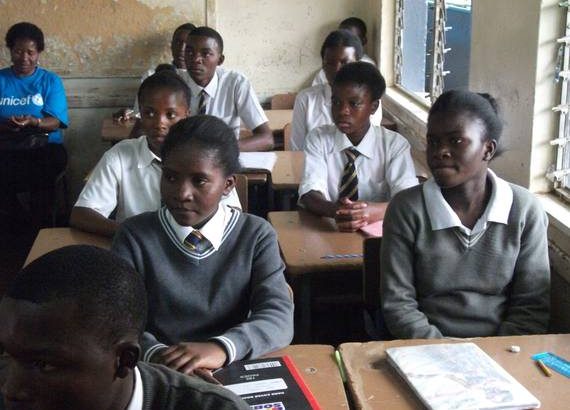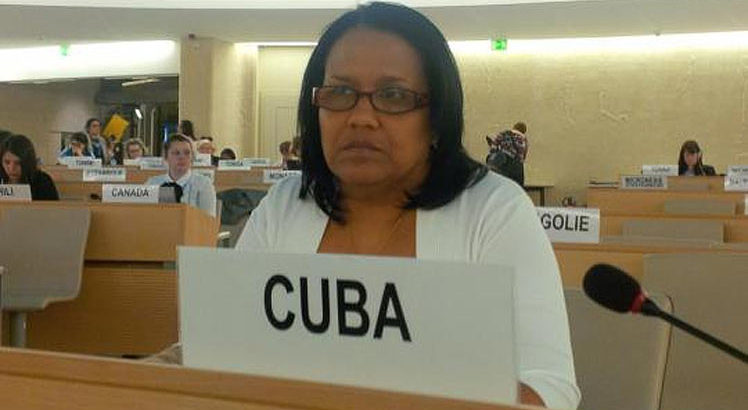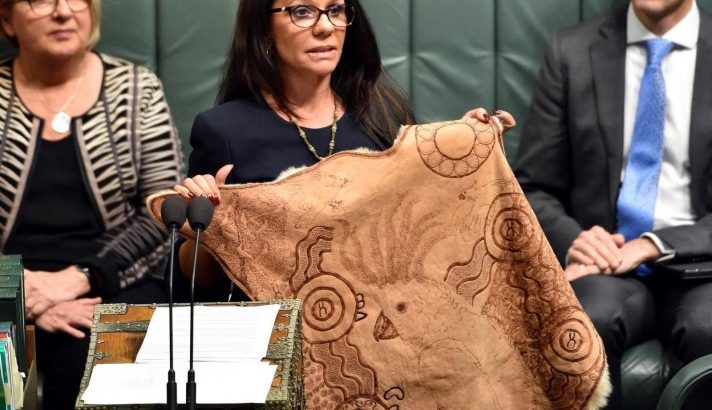Zambia/Noviembre de 2016/Fuente: The Huffintong Post
RESUMEN: Hay un dicho que dice «cuando educas a una niña, educas a una nación». Y la investigación realizada por el Unicef demuestra que invertir en las niñas y capacitarlas para que alcancen todo su potencial es fundamental para superar los ciclos de pobreza intergeneracional *. Sin embargo, hoy en día en todo el mundo las niñas y las mujeres todavía enfrentan barreras significativas para el empoderamiento social y económico. Esta toma de conciencia está detrás de la decisión adoptada por la Fundación del Grupo de Bolsa de Londres de asociarse con Unicef para abordar la cuestión de la falta de empoderamiento de las mujeres e invertir más de 1,2 millones de libras esterlinas en un proyecto dirigido a 11.200 niñas en Zambia durante el curso de tres años (2016-2018), mejorando sus posibilidades de acceder al mercado de trabajo formal y establecer su propio negocio. Zambia ha hecho grandes progresos a la hora de garantizar la equidad de género en el nivel de la escuela primaria; Sin embargo aún queda trabajo por hacer para cerrar las brechas en el nivel secundario. Aunque se sabe que tanto los niños como las niñas abandonan la escuela debido a la pobreza, las niñas adolescentes se enfrentan a un gran número de presiones adicionales debido a los roles familiares y maritales tradicionales. El embarazo representa más de la mitad de los abandonos escolares de las niñas de 16 a 18 años. Para empeorar las cosas, hay una falta de lugares de escuela secundaria en Zambia debido a la mala infraestructura escolar y las familias a menudo priorizar la educación de los hijos por delante de las hijas.
There is a saying that goes “when you educate a girl, you educate a nation”. And research by Unicef indeed shows that investing in girls and empowering them to reach their full potential is critical for overcoming cycles of intergenerational poverty*. Yet today around the world girls and women still face significant barriers to social and economic empowerment.
This awareness is behind the decision taken by the London Stock Exchange Group Foundation to partner with Unicef to address the issue of women’s lack of empowerment, and to invest over £1.2 million in a project aimed at training and mentoring 11,200 girls in Zambia over the course of three years (2016-2018), improving their chances to access the formal jobs market and set up their own business.
Zambia has made great progress when it comes to ensuring gender equity at primary school level; however some work remains to be done to close the gaps at secondary level. While both boys and girls are known to drop out of school due to poverty, adolescent girls face a great number of additional pressures because of traditional family and marital roles. Pregnancy accounts for over half of school dropouts of girls aged 16-18. To make matters worse, there is a lack of secondary school places in Zambia due to poor school infrastructure and families will often prioritise the education of sons ahead of daughters.
When in 2015 the London Stock Exchange Group asked its staff where they thought the business should direct its charitable donations, it was the empowerment of girls in Zambia that really resonated. LSEG subsequently went into partnership with Unicef with an ambition to realise the potential of girls in Zambia through the Zambian Girls 2030 initiative.
This programme will contribute to one of the Sustainable Development Goals, also known as “Agenda 2030,” that the United Nations’ Sustainable Stock Exchanges Initiative, which London Stock Exchange Group is an active member of, has identified as relevant to the role of exchanges- that of gender equality. The programme is also in line with the Zambian government’s plans to raise the aspirations of young women going through the education system in the country.
In collaboration with a network of schools and with the support of local educational organisations, Unicef will give girls an opportunity to learn business skills and receive professional training and mentoring. Girls will have the chance to attend career counselling with a focus on the skills needed to enter the Zambian job market. They will be supported with applications to higher education and receive training in key business skills such as marketing, sales and finance.
By working together with Unicef, we hope to support young women, their families and communities to perceive the role of women in society in a different, more powerful way. One of the big reasons LSEG employees are so supportive of this programme is that it has clear, measurable objectives and it is run in collaboration with the benefitting country, through the relationship established by Unicef with the local education system and local experts. We believe that investing in girls is an investment in the future growth and prosperity of a country and we look forward to seeing the future success of these young women in Zambia.
Fuente: http://www.huffingtonpost.co.uk/sara-lovisolo/investing-in-girls-future_b_13041340.html














 Users Today : 115
Users Today : 115 Total Users : 35459710
Total Users : 35459710 Views Today : 202
Views Today : 202 Total views : 3418174
Total views : 3418174